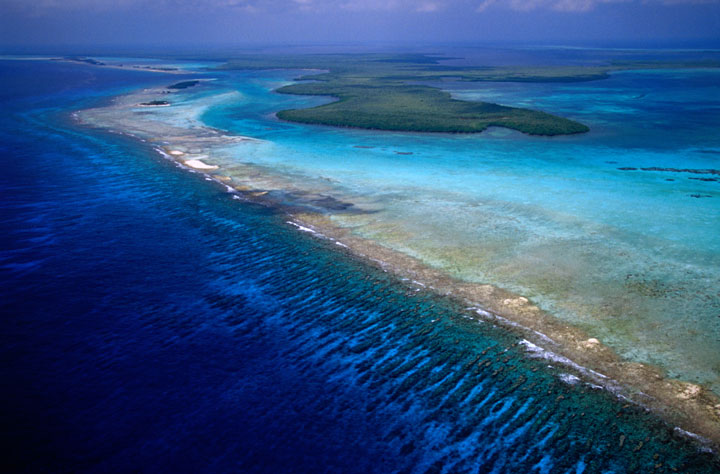Department of Biological Sciences
Marine Biology

Marine biological research is conducted by five faculty members who share an interest in how marine organisms evolve, function, and interact with the environment in the world’s oceans. Marine biological studies at Auburn span all levels of organization from molecular genetics to community structure and ecosystem functioning. Projects involve campus-based laboratory research as well as field studies in Atlantic, Caribbean, tropical Indo-Pacific, and Antarctic seas. Areas of expertise include patterns of gene flow and biogeography in marine invertebrates, evolutionary origins of major lineages of animals, genetic diversity and ecological roles of endocellular microalgae (zooxanthellae), ultrastructure of marine invertebrates, mechanisms of ciliary and flagellar movement, cell motility and the cytoskeleton, biodiversity of marine microbes and their communities, control of gene expression in response to changes in salinity, osmotic and ionic regulation, cell volume regulation, nitrogen metabolism in estuarine invertebrates, respiration in intertidal and amphibious crustaceans, ecological interactions among cnidarians (sea anemones, corals) and their fish and crustacean symbionts, and locomotory and aggressive behavior of colonial marine invertebrates during competition for space on hard substrata. Applied studies in marine conservation examine the effects of overharvesting and tourism on coastal ecosystems such as coral reefs.
Marine biology researchers at Auburn often collaborate in interdisciplinary projects that span several levels of organization, including examination of cellular and molecular bases of ecologically-important processes such as dispersal and competition among organisms in the sea. Students learn skills ranging from molecular genetic techniques to plankton sampling in the open ocean and the design of field experiments on tropical reefs. Studies in marine biology at Auburn benefit from the presence of Peaks of Excellence associated with Cell and Molecular Biosciences, and from interactions with the Auburn Group in Ecology, the Alabama Cooperative Fish and Wildlife Research Unit, the Genomics and Sequencing Laboratory, the Molette Biology Laboratory for Environmental and Climate Change Studies and the Fisheries and Aquaculture Departments. Additionally, Auburn is a member of the Organization for Tropical Studies and the Dauphin Island Sea Lab, with active research programs at the field stations run by these organizations. We encourage undergraduate and graduate students interested in developing careers in marine biology, oceanography and marine conservation to consider our program.
Answers to frequently asked questions (FAQs) on the undergraduate program in Marine Biology can be found here.
|
Marine Biology
|
| Scott R. Santos |
| Marie E. Strader |
